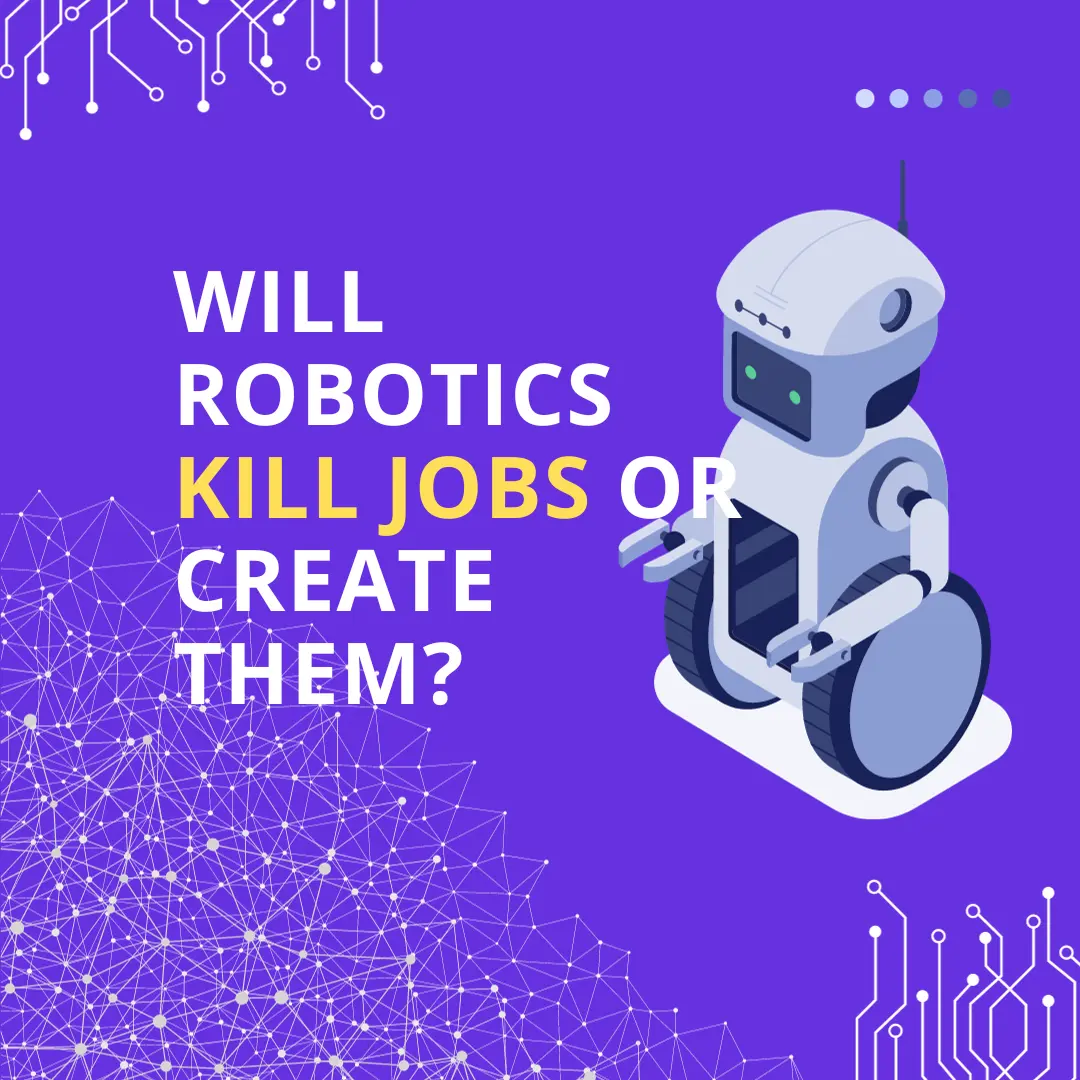The impact of robotics on jobs is a complex and debated topic. It involves both the potential for job displacement and the creation of new opportunities. Here are key perspectives on whether robotics will kill jobs or create them:
1. Job Displacement:
- Automation in Routine Tasks: Robotics and automation technologies are increasingly capable of performing routine and repetitive tasks. This could lead to job displacement in industries where such tasks are prevalent, such as manufacturing and certain service sectors.
- Economic Shifts: As industries adopt robotics, there may be short-term disruptions in the job market. Workers in industries heavily affected by automation might face challenges in transitioning to new roles.
2. Job Creation:
- Emergence of New Industries: The implementation of robotics often creates new industries and job categories. For instance, the rise of robotics has spurred growth in fields like robotics maintenance, programming, and AI development.
- Increased Productivity: Robotics can enhance productivity, leading to business growth. Increased efficiency can create demand for new roles in areas such as research and development, marketing, and customer support.
- Focus on Higher-Value Tasks: Automation can free up human workers from routine tasks, allowing them to focus on higher-value and more creative aspects of their jobs.
3. Transformation of Job Roles:
- Skill Shift: While certain jobs may be automated, new roles will emerge that require different skill sets. Adaptability and a willingness to acquire new skills will become essential for the workforce.
- Human-Machine Collaboration: Robotics can lead to collaboration between humans and machines, where workers work alongside robots, enhancing their capabilities and creating a more dynamic work environment.
4. Socioeconomic Considerations:
- Social and Economic Policies: The impact of robotics on jobs will depend on how governments and businesses navigate these changes. Social and economic policies, such as education and training programs, can play a crucial role in minimizing negative effects.
- Ethical and Inclusive Practices: The ethical use of technology and ensuring that the benefits of automation are shared inclusively across society are essential for mitigating negative consequences.
Conclusion:
The relationship between robotics and employment is multifaceted. While certain jobs may be at risk of displacement, the overall impact on employment depends on various factors, including technological advancements, societal responses, and economic policies. Proactive measures, such as investing in education and retraining programs, can help mitigate potential challenges and ensure that the workforce is prepared for the changing landscape shaped by robotics and automation.
